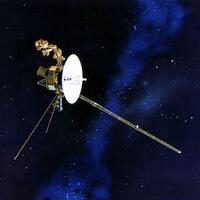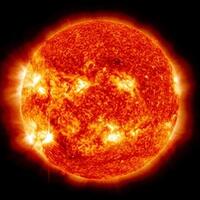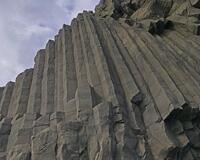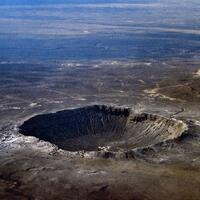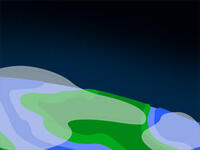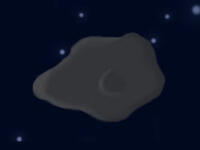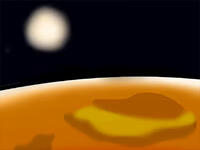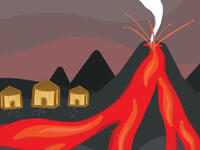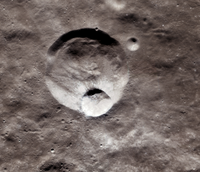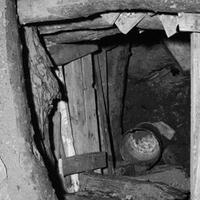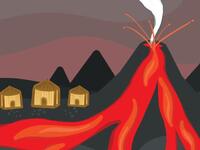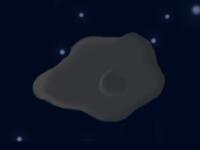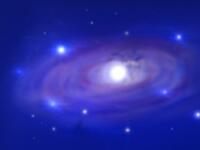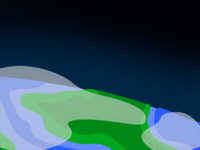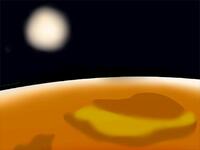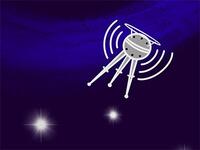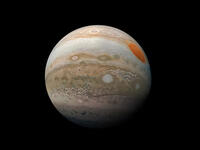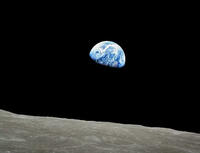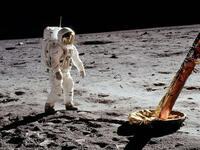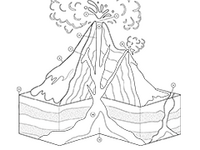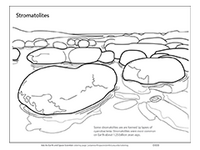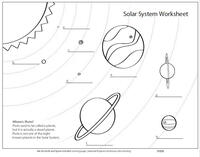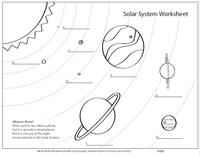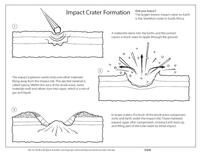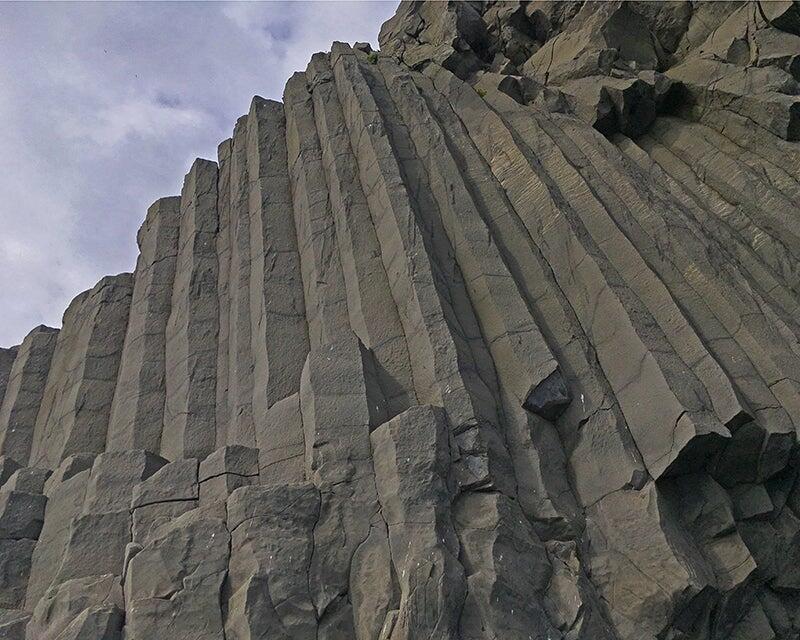Teacher Toolbox
The following search tool allows you to search by category, grade level and activity type, or simply type what you're looking for into the keywords box. For convenience our sitemap is located on the footer of all our pages. We also have the site search tool powered by Google located at the top of every page.
How Are Diamonds Made?
How Far Have We Gone into Space?
Will the Sun Ever Stop Shining?
How Are Basalt Columns Formed?
How Are Craters Formed?
How Do We Know the Earth Is Round?
Was the Moon Landing Live?
Ode to Oxygen Quiz
Meteorites: Space Rocks Quiz
Alien Lava Quiz
Galaxies Quiz
Rough and Smooth Lava Quiz
Human Spaceflight Quiz
Crater Within a Crater
Arizona Mining
Asteroids and Comets
Written by: Steven Dibb
Rough and Smooth Lava
Written by: Gavin Tolometti
Humans: IN SPACE
Written by: Steven Dibb
Meteorites: Space Rocks!
Written by: Soumya Ray, Zachary Torrano
Gigantic Groups of Galaxies
Written by: J’Neil Cottle
Ode to Oxygen
Written by: Aleisha Johnson
Alien Lava
Written by: Sean Peters
Where Are All the Aliens?
Written by: John Malloy
Fly Over Jupter
Unearthing the Secrets of Magma
Lindy Elkins-Tanton: Journey to a Metal World
Space Exploration at ASU
Thoughts on Apollo 11
Be Part of
Ask An Earth and
Space Scientist
By volunteering, or simply sending us feedback on the site. Scientists, teachers, writers, illustrators, and translators are all important to the program. If you are interested in helping with the website we have a volunteers page to get the process started.


